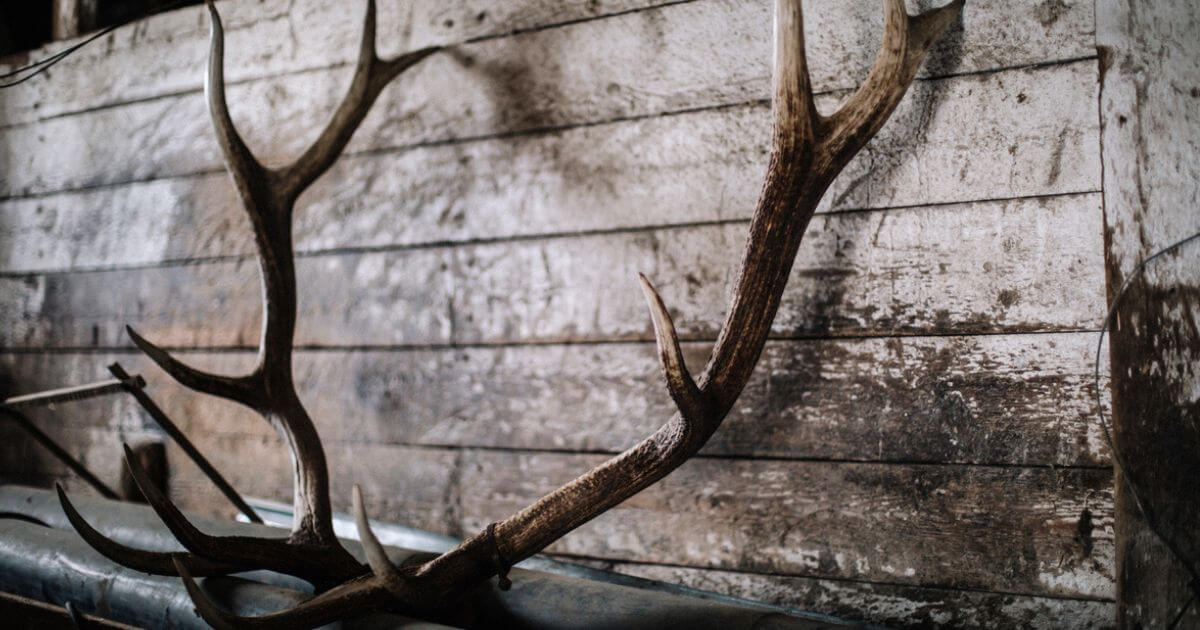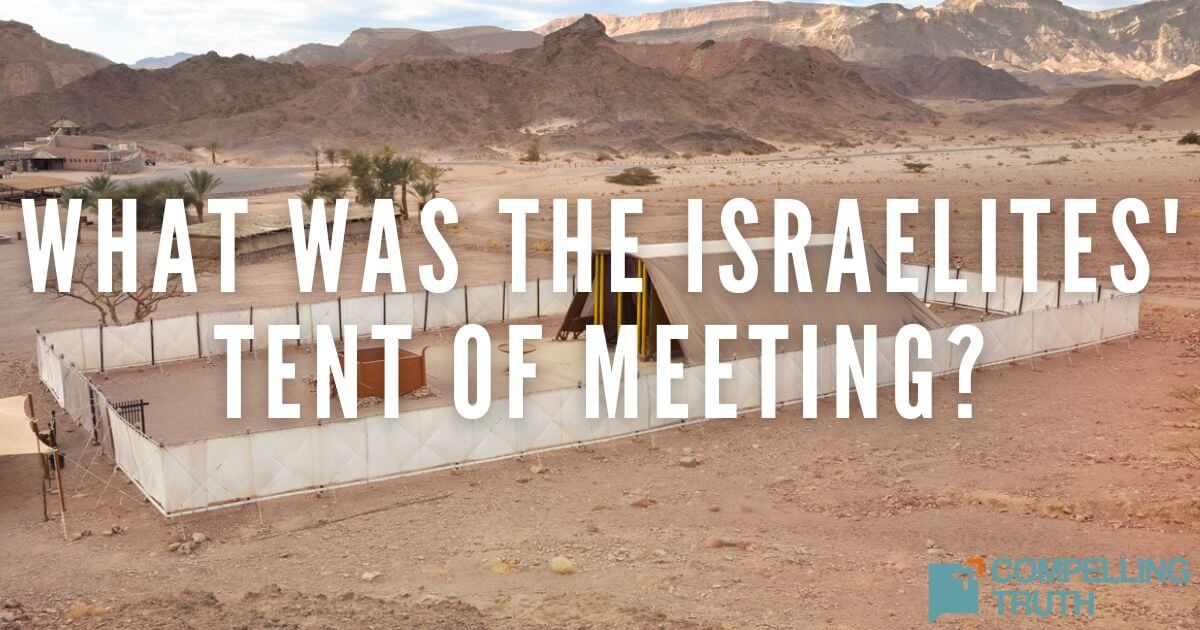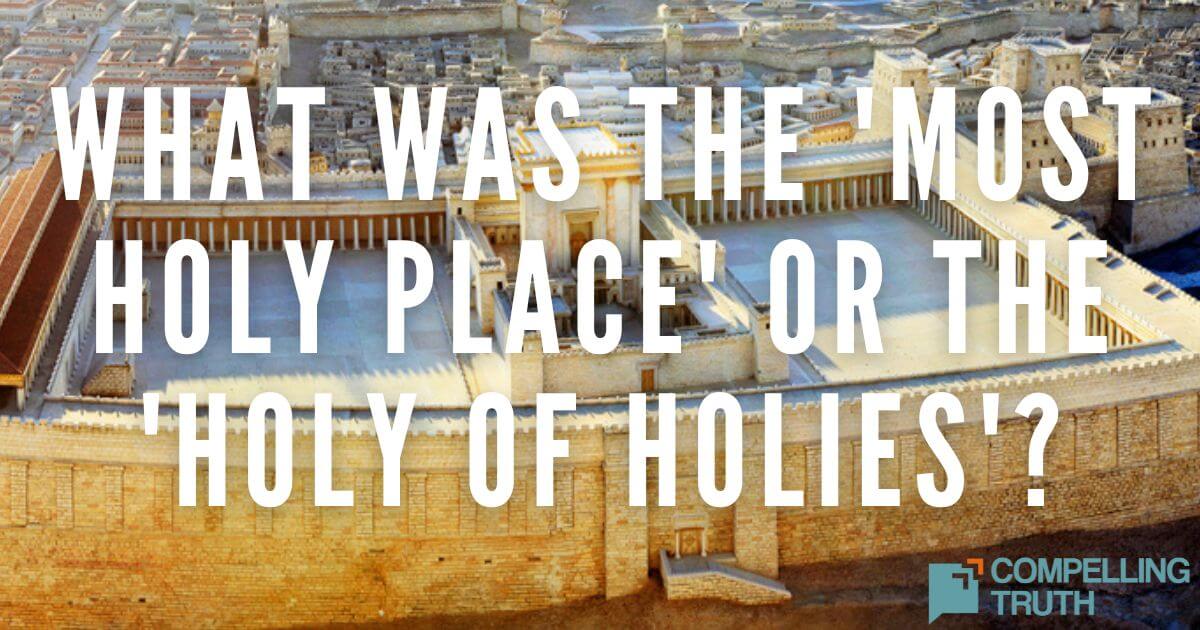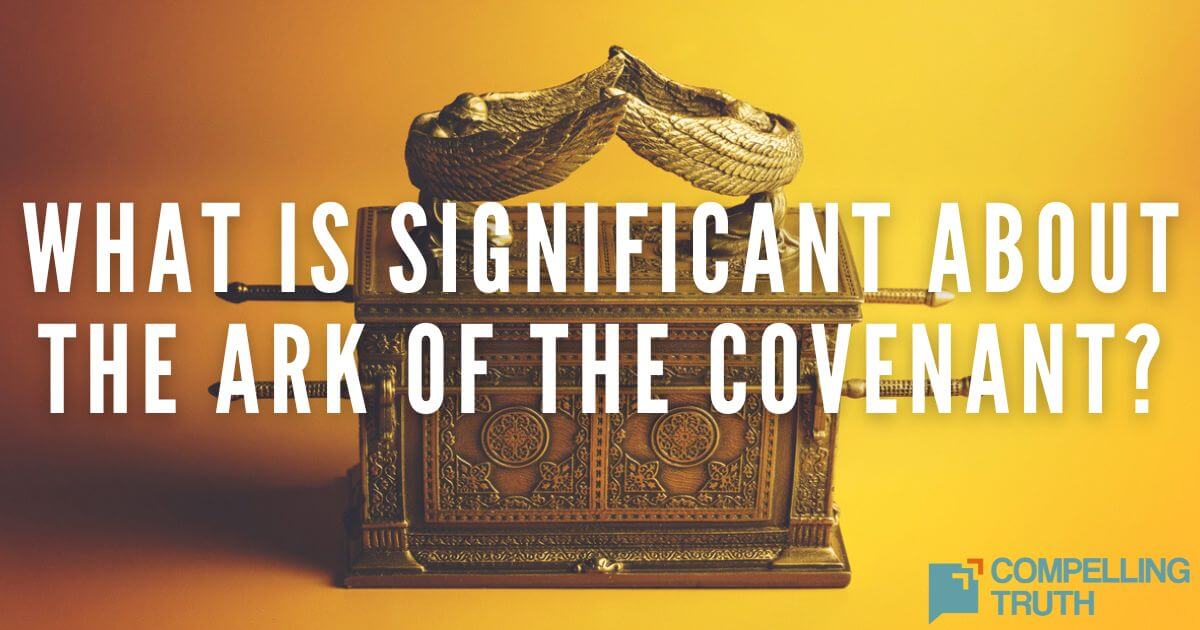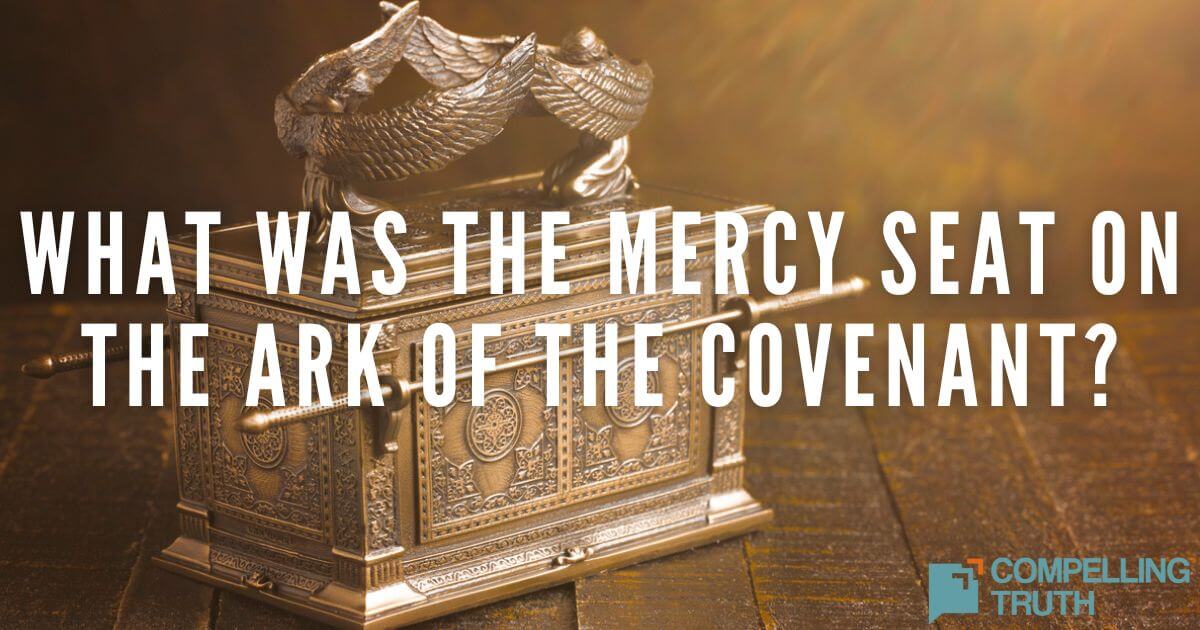what does the bible say?
The horns of the altar, mentioned throughout the Old Testament, served as a sacred refuge and symbol of divine presence and protection. In Exodus, they were part of the consecration of priests and a place where God promised to meet His people. Adonijah and Joab sought safety by clinging to these horns in times of peril, although Joab was not spared because of his sin. The horns were a place where mercy was sought and divine justice awaited. In Psalm 118, they symbolize celebration and praise. Ezekiel envisions their future presence in a millennial temple, while Amos prophesies their destruction in contexts of idolatry. Though not mentioned in the New Testament, the concept of finding refuge in Christ transcends physical locations, offering believers eternal security and peace amid life's uncertainties, as Hebrews 13:6 assures: "The Lord is my helper; I will not fear; what can man do to me?"
